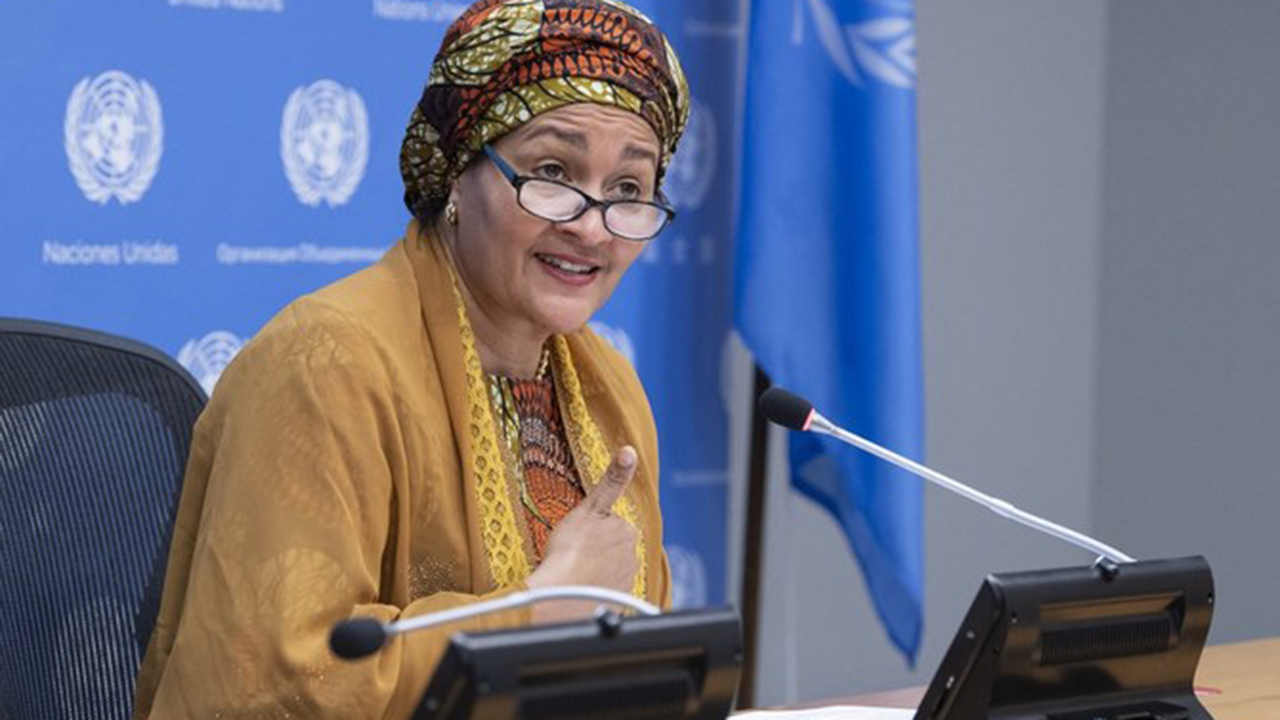
Global connectivity through the Sustainable Development Goals (SDGs) has received financial, strategic and operational commitments from the United Nations member states, the private sector, international organisations and philanthropic foundations to help put the SDGs back on track.
Announced yesterday at the high-level SDG Digital event, convened by the International Telecommunication Union (ITU) and the United Nations Development Programme (UNDP) at U.N. Headquarters, the new commitment stepped up digital support for the world’s 2030 Agenda as part of the SDG Action Weekend of the United Nations.
In remarks at the SDG Digital opening, UN Deputy Secretary-General Amina Mohammed, said: “Digital technologies, when used safely and responsibly, can be catalysts of economic, social and societal transformation by creating efficiencies at scale and expanding the reach of existing solutions to support more people.”
ITU Secretary-General Doreen Bogdan-Martin, said: “We are grateful to all those who are dedicating resources to the urgent mission of connecting the world. Together we can build a future where everyone, everywhere, can be part of a safe, inclusive and sustainable digital world.”
According to the SDG Digital Acceleration Agenda launched at SDG Digital, digital technologies can benefit 119 of the 169 SDG targets, or about 70 per cent, including areas such as climate action, education, hunger and poverty.
ITU disclosed that the commitments came from the Global Satellite Operators Association (GSOA), Google, Microsoft, Millicom, Telenor, ZTE, the Republic of Korea, and the Government of Saudi Arabia, where they build on over 750 pledges valued at over $32 billion, received to date since the launch of the Partner2Connect Digital Coalition campaign in February 2022.
The target is to raise about $100 billion by 2026 to increase investment in universal and affordable connectivity. Specifically, the GSOA pledged to double the number of people connected via Satcom to at least 500 million globally by 2030, which could result in over $250 billion in global socio-economic benefits in support of the SDGs.
On its part, Microsoft is committed to extending high-speed Internet access to 250 million people in unserved and underserved communities by the end of 2025, including 100 million in Africa. To do so, Microsoft will convene a global network of Internet and energy providers, government agencies, nonprofits, and private sector companies focused on closing the global digital divide.
For Google, a new research center will be established focusing on AI to combat food insecurity in Africa. It pledged, and $25 million in grants to 15 AI projects as part of its Global Goals Impact Challenge on AI for the SDGs, including in Kenya, South Africa, the Philippines, and India.
ZTE renewed to build $400 million worth of ICT network infrastructure yearly for LDC/LLDC/SIDS countries by 2025, and to sponsor Partner2Connect with CHF 300,000 by becoming “P2C Champion” for three years for implementing activities described in the Partner2Connect Action Framework.
On its part, the Republic of Korea pledged to spend nearly $30 million in 2023-2024 for digital development globally, while Saudi Arabia announced a global initiative with ITU to connect humanity through sustainable, affordable and innovative solutions. The initiative is an extension of a joint study and work with ITU to aim to assess the current situation of the global digital divide and to enhance innovative solutions, to ensure universal access to connectivity.






